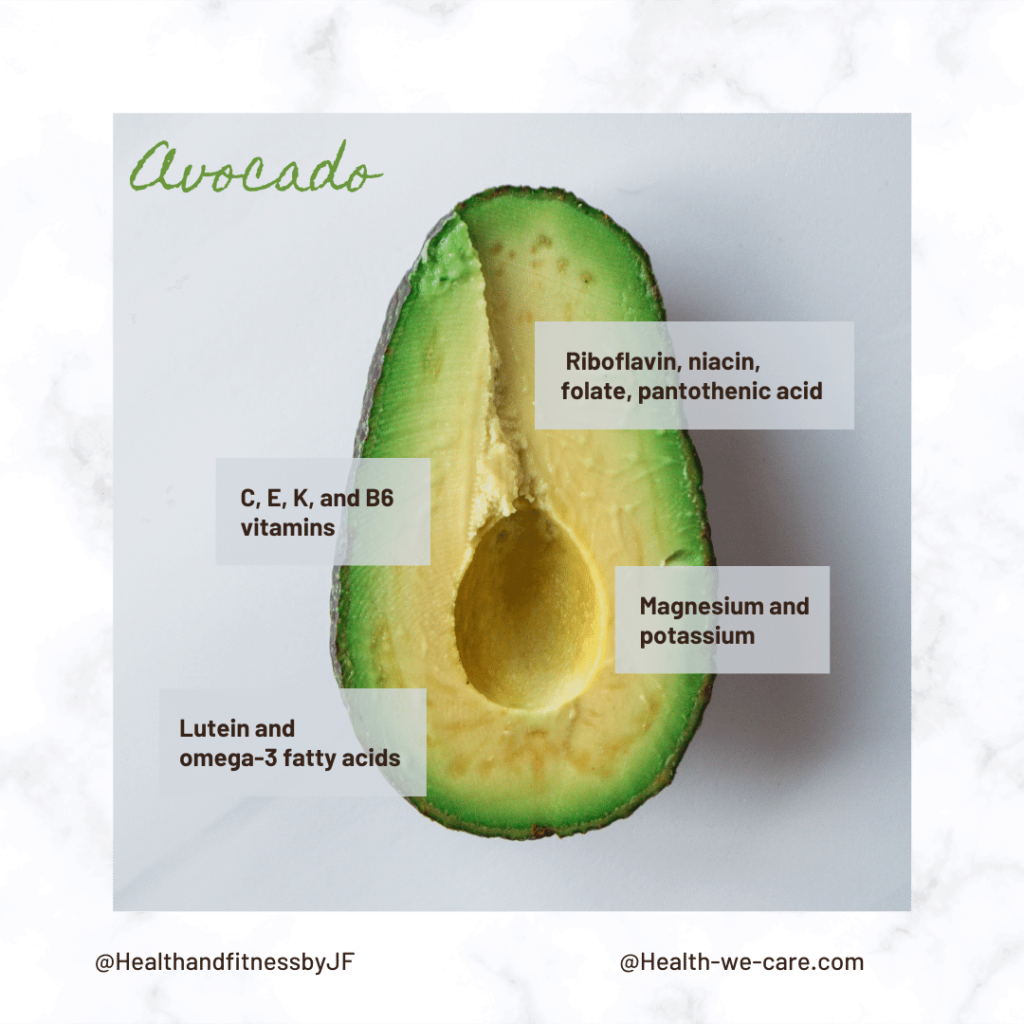Before delving into the depths of magnesium’s significance, my knowledge of this mineral was confined to a couple of basic facts: it’s somehow beneficial for the body during physical exertion and In its physical form, it can actually catch fire. However, the journey of discovery into the realm of magnesium revealed a complex narrative far beyond these rudimentary notions. Its role transcends the realm of sports nutrition and pyrotechnics, weaving through the intricate fabric of our health, impacting everything from muscle function to mental well-being. Join me as we unravel the surprising and often overlooked consequences of magnesium deficiency, diving into its multifaceted significance in the symphony of human physiology.
What is Magnesium and How Does It Work in Your Body?
To kick off this exploration, let’s first grasp the essence of magnesium—where it originates and what exactly it is. Magnesium is a vital mineral abundant in the Earth’s crust, and serves as a cornerstone in our bodily functions. It originates from natural sources like rocks, soils, and the sea, entering our systems through the foods we eat.
Magnesium functions as a co-factor in hundreds of enzymatic reactions throughout the body. It’s integral for energy production, protein synthesis, muscle and nerve function, blood glucose control, and the regulation of blood pressure. Additionally, it plays a role in DNA and RNA synthesis, contributing to overall cellular health and function. Magnesium is essentially a multitasking mineral, involved in numerous critical physiological processes that help keep the body functioning optimally.
How Does a Deficit Arise?
Imagine a symphony where each instrument plays a crucial role, contributing to the harmony of the entire piece. Magnesium, in the human body, is akin to a skilled conductor, orchestrating hundreds of vital biochemical reactions. However, this symphony isn’t immune to disruption, and a deficiency in magnesium can throw off the entire ensemble.
The genesis of a magnesium deficit often stems from seemingly innocuous sources. Picture a diet lacking in magnesium-rich foods—the nuts, seeds, leafy greens, and whole grains that serve as the prime reservoir for this essential mineral. Without these dietary staples, the body’s magnesium intake dwindles, setting the stage for deficiency.
Yet, it’s not solely about what we consume. Various medical conditions can throw a wrench into magnesium balance. Gastrointestinal maladies like Crohn’s disease or celiac disease impair the body’s ability to absorb magnesium efficiently. Similarly, diabetes or kidney issues may disrupt magnesium absorption or increase its excretion, draining our magnesium reserves.
Even the medications we rely on for health can disrupt this delicate balance. Certain diuretics, known for their water-expelling prowess, inadvertently flush out magnesium, leaving the body wanting.
But let’s not forget the silent assailant—alcohol. In its excessive embrace, alcohol impairs magnesium absorption and nudges it towards an early exit through our urine.
Age, too, plays its part. As the years roll by, our body’s ability to absorb magnesium wanes, laying the groundwork for potential deficiencies.
Surprisingly, even an overindulgence in other nutrients can upset the magnesium balance. A zeal for calcium or an abundance of vitamin D supplements, without their trusty companion magnesium, can create an imbalance, thwarting magnesium’s absorption.
When Magnesium is Low
Now that we’ve comprehended the critical role magnesium plays in our body’s function, understanding the repercussions of its deficiency becomes paramount. Here are five significant consequences of magnesium deficiency:
- Muscle Issues: Insufficient magnesium can trigger muscle cramps, spasms, and weakness. As a key player in muscle contraction and relaxation, low magnesium levels disrupt this delicate balance, leading to discomfort and decreased performance.
- Cardiovascular Complications: Magnesium is vital for heart health. Its deficiency may lead to irregular heart rhythms (arrhythmias), high blood pressure (hypertension), and an increased risk of cardiovascular diseases, posing serious threats to overall cardiac well-being.
- Neurological Challenges: Low magnesium levels may contribute to neurological issues, manifesting as heightened stress, anxiety, and depression. Magnesium’s role in regulating neurotransmitters impacts mental well-being, and a deficit can exacerbate these conditions.
- Bone Health Concerns: Magnesium collaborates with calcium in bone metabolism. A deficiency can compromise bone density, potentially increasing the risk of osteoporosis and fractures.
- Metabolic Impact: Magnesium is involved in glucose metabolism and insulin regulation. A deficit may contribute to insulin resistance, thereby increasing the risk of developing type 2 diabetes.
These consequences underscore the multifaceted significance of magnesium within the body.
What can i do to Prevent a deficiency
We have discovered that magnesium deficiency can stem from various factors, some of which are beyond our immediate control. What we can influence is ensuring a balanced diet rich in magnesium sources, a moderation in alcohol consumption and awareness of medication effects. Just a few changes can improve your life in a perfect way. Make sure to include nuts and seeds in your diet, and less alcohol is always a good way to improve.
Where can Magnesium be Found ?
Surprisingly it’s not that hard to find magnesium. It’s one of the most abundant minerals on earth, but where exactly can it be found ? This essential nutrient is predominantly found in green leafy vegetables such as spinach , kale , Swiss chard and Arugula. That’s not it, whole grains, nuts and seeds, especially almonds, cashews and pumpkin seeds are high in magnesium. Various animal sources such as salmon and mackerel, also offer you a good amount. Furthermore, legumes, beans and lentils, are not only high in protein but also rich in magnesium.
If you’re not a big eater or have problems getting the right amount of magnesium in your system you can try magnesium supplements. In the case you want to learn how to eat properly and end up in mineral deficits you should check out our personalized nutrition plans here.
Will Magnesium Help me Sleep ?
Yes, magnesium even plays a deeper role when it comes to sleep, then you first think. It supports deep restorative sleep by maintaining healthy levels of GABA, a neurotransmitter that promotes sleep. In fact Magnesium’s effect is to relax your nervous system and muscles, which contribute to a more peaceful sleep. This could be especially beneficial for individuals struggling with restless leg syndrome or periodic limb movement during sleep. In addition, Magnesium helps to regulate the body’s stress response system, which helps you to create a calming effect before bedtime. It’s important even if it helps to improve your sleep. It is not a substitute for proper sleep hygiene and factors such as a comfortable environment and consistent bedtime routine.
Conclusion
As we delve into magnesium and its significant impact on our health, one undeniable truth emerges: this unassuming mineral wields immense influence over our bodily symphony. From its role in muscle function to its impact on heart health, neurological balance, and beyond, magnesium stands as a linchpin in our physiological well-being.
Understanding the complexities of magnesium deficiency sheds light on the importance of vigilance regarding our dietary choices and overall health practices. While some causes of deficiency may lie beyond our immediate control, knowledge empowers us to make informed decisions.
So, let’s heed the lesson magnesium teaches us—balance is key. A balanced diet, mindful lifestyle choices, and periodic health evaluations can serve as our armor against the pitfalls of magnesium deficiency, ensuring our bodies continue to perform their intricate symphony of functions with unwavering harmony.
To explore more daily insights and tips on magnesium and overall wellness, be sure to follow our Instagram page. We regularly update our feed with informative content that keeps you in tune with your health and well-being here.

Sources:
Health Direct
https://www.healthdirect.gov.au/magnesium-deficiency
National library of Medicine
https://www.ncbi.nlm.nih.gov/pmc/articles/PMC1855626/
Medlineplus
https://medlineplus.gov/ency/article/000315.htm
University of Nebraska Medicine
https://health.unl.edu/8-magnesium-deficiency-symptoms-and-9-high-magnesium-foods
Houstenmethodist




